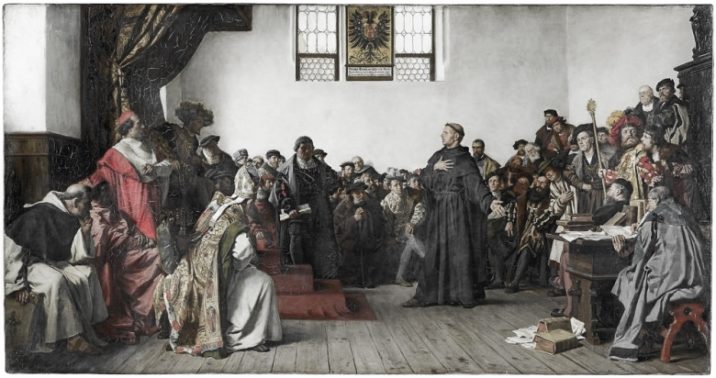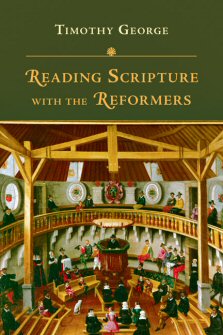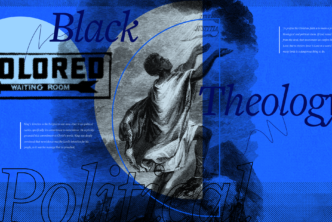The Reformers are for most people either the best thing to ever happen to Christianity or the worst. Vain is the attempt to find middle ground perspectives, where the men who died 500 years ago are considered with a mere shrug of the shoulders. “Meh,” is rarely the expression one uses in relation to Luther, for example. So let’s run a thought experiment.
Pretend you’re a Reformer-hater (maybe you already are). The Reformation was a sham. You think the Reformers got it wrong. Besides poor scholarship, they were murderers, drunks, and anti-Semites. Fair enough.
But have you ever read their works? Or is your opinion based primarily (entirely?) on second-hand accounts, the writings of later scholars who, up to present day, have shaped your view according to their negative assessments? This is not to say that those who are writing about the Reformers are wrong, or that those challenging their frameworks (i.e., the New Perspective) have been unjustified in their critiques. But perhaps you’ve formed a judgment prematurely. It’s okay, we all do it. But I’m offering you a chance to correct that. Indeed: “Know Thy Enemy.”
Now let’s flip it around. You might have RRAA (Robustly Reformed and Angry at Arminius) tattooed on the same arm that carries your Geneva Bible to church. I love your commitment, but here’s a simple question: have you read the works of Luther? What about the pre-Reformers, such as William Tyndale? Did you know his collected works are available? And do you have any clue about the post-Reformers? (Stop growling at me, please. And go buy a Hipster Bible while you’re at it).
Here is my challenge to both parties. Read the actual works of these guys. Get to know them personally. You might not have the time to engage with all of them, but follow the excellent advice often spouted to young seminary students: choose one theologian, and read deep. Read everything they wrote. Make it a lifetime journey of discovery and confrontation.
Read for the sake of your family. Read for the sake of your morning prayer group. Read for the sake of your bible study. Read for the sake of a nuanced rhetoric on Facebook debates. Read for the sake of reading!
I personally chose Jonathan Edwards as the guy I was going to dig deep into. John Piper inspired me to do that. To be honest, I haven’t been able to keep up my intended reading plan of one page a day (lack of discipline, I confess). But the reading I have done has shifted my misaligned paradigm of how the Reformers exegeted, what they thought, and how they related to each other and those who came before them. This has been my experience reading through large swaths of Luther (FYI, he’s more slippery than many of us think).
So here’s me lifting my frothy glass of German ale to the sky and raising a toast, to the Reformers themselves, sure, but also to the commendable idea of reading their works.
The rewards of such an endeavour are impressive: a much higher IQ, a vastly sharper intellect, and softer theological convictions.
Whether those things actually happen in your case, I do promise a rich reading experience that will leave you humbled by the extent to which these men thought of, and died for, the God before whom they labored and the Church before which they preached.
Note: The views expressed herein belong to the author alone. Direct all hatred or praise his way.
Related resources
Mobile Ed: CH321 History and Theology of John Calvin (4 hour course)
Regular price: $149.99
Reading Paul with the Reformers: Reconciling Old and New Perspectives
Regular price: $42.99







